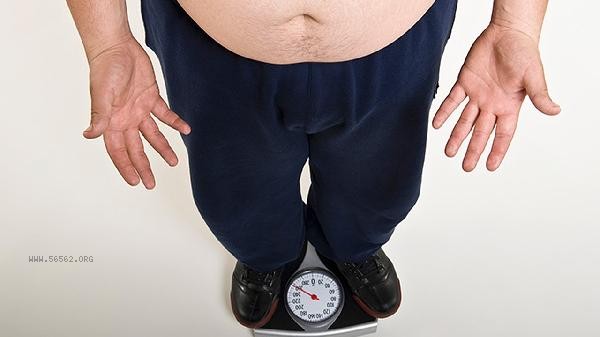The balance period during weight loss usually lasts for 7-14 days, which is related to factors such as metabolic adaptation, dietary control intensity, and exercise patterns. The emergence of the weight loss plateau period is an adaptive response of the body to energy gaps. When weight loss reaches a certain stage, the basal metabolic rate will correspondingly decrease, while hormone levels such as leptin decrease and ghrelin increase, leading to temporary stagnation of fat breakdown efficiency. At this point, maintaining the original calorie deficit and exercise routine will gradually establish a new energy balance in the body. In most cases, by adjusting the diet structure, such as increasing the protein ratio to 1.2-1.6 grams per kilogram of body weight, combined with high-intensity interval training, it is possible to break through the plateau period in about 10 days.

Some populations may experience longer periods of balance, especially those who have been dieting for a long time or suffer from metabolic damage. This type of situation requires a systematic evaluation of daily total energy expenditure, gradually increasing dietary calories to 90% of the maintenance level, and adopting a combination of resistance training and aerobic exercise. For weight loss patients with endocrine problems such as thyroid dysfunction or polycystic ovary syndrome, it is recommended to undergo medical intervention before adjusting the weight loss plan. During the breakthrough period, it is necessary to ensure a daily water intake of over 2000 milliliters, prioritize foods with strong satiety such as broccoli and chicken breast, and conduct strength training at least 3 times a week. Recording changes in body circumference is more valuable as a reference than simply focusing on weight. For example, if the waist circumference continues to shrink, it indicates that body fat is still decreasing. If there is no improvement after a balance period of more than 3 weeks, it is necessary to consult a nutritionist for personalized program adjustment.











Comments (0)
Leave a Comment
No comments yet
Be the first to share your thoughts!